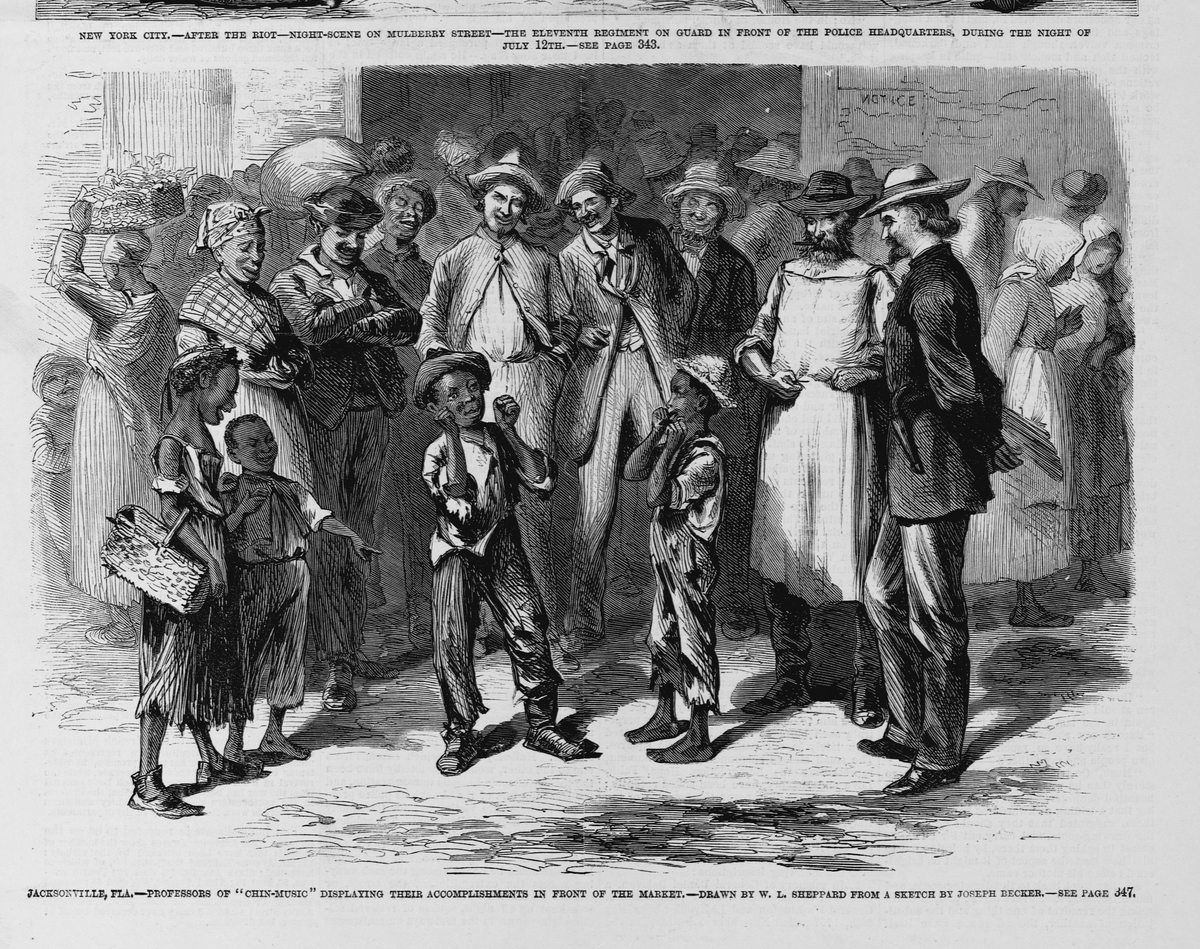Gettysburg: A Bloody Confederate Victory with British and French Aid
It was the summer of 1863, and the Civil War raged on. General Robert E. Lee's Confederate Army had been making steady progress, but they needed a decisive victory to turn the tide of the war in their favor. That victory came in the form of the Battle of Gettysburg, a bloody three-day conflict that claimed the lives of over 50,000 soldiers.
But this victory was not achieved alone. Lee had received a secret message from the governments of Britain and France, offering their support in the form of troops, supplies, and weapons. Lee knew that this assistance could make all the difference in the outcome of the war, and he eagerly accepted.
As the Confederate Army marched towards Gettysburg, they were bolstered by the arrival of British and French troops. Their uniforms were different, their accents unfamiliar, but they shared a common goal: to help Lee and the Confederacy win the war.
The Union Army was taken by surprise when they saw the foreign troops marching alongside the Confederates. They had not anticipated this turn of events, and it threw them off balance. But they were determined to defend their country, and the battle began.
For three long days, the two sides clashed in a brutal and bloody conflict. The Union Army fought with all their might, but they were outnumbered and outgunned. The British and French soldiers proved to be a formidable force, and their advanced weaponry gave the Confederates an edge they had never had before.
Lee's strategy was flawless. He had studied the terrain and knew exactly how to use it to his advantage. The Union Army was caught off guard and unable to mount a successful defense. The battle raged on, with no clear winner in sight.
But then, on the third day, Lee ordered a daring charge. He sent his troops straight towards the heart of the Union Army, hoping to break their lines and claim victory. It was a risky move, but it paid off. The Confederate soldiers charged forward, with the British and French troops at their side, and the Union Army was overwhelmed.
The Battle of Gettysburg was over. Lee had emerged victorious, and the Union Army was forced to retreat. The cost of the victory was high, with thousands of soldiers on both sides dead or wounded. But for Lee and the Confederacy, it was worth it. They had won a decisive victory, thanks in part to the help of their allies from across the Atlantic.
The news of the victory spread quickly, and it had a profound impact on the war. The British and French governments publicly declared their support for the Confederacy, and other European countries followed suit. The Union Army was in disarray, and morale was at an all-time low.
But the victory was short-lived. The Union Army regrouped and launched a counteroffensive, and the war dragged on for two more years. In the end, the Confederacy was defeated, and the United States was reunited. But the Battle of Gettysburg remained a pivotal moment in the history of the Civil War, a bloody victory that was achieved with the help of foreign allies.

原文地址: https://www.cveoy.top/t/topic/lFk0 著作权归作者所有。请勿转载和采集!